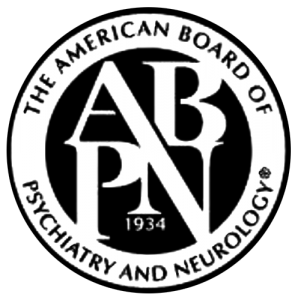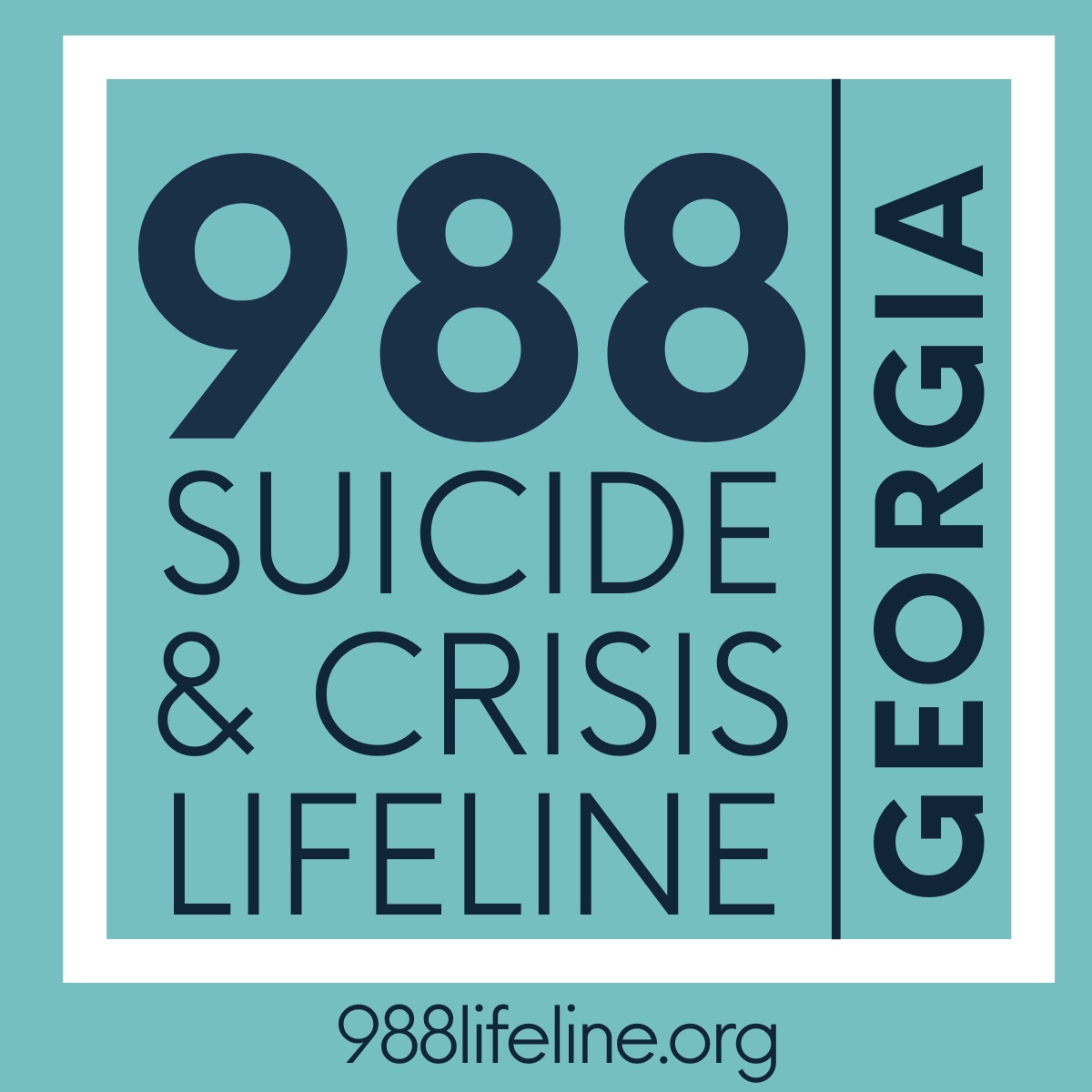DEPRESSION
Finding the right help
What is depression?
Clinical depression goes by many names — depression, “the blues,” biological depression, major depression. But it all refers to the same thing: feeling sad and depressed for weeks or months on end (not just a passing blue mood). This feeling is most often accompanied by feelings of hopelessness, a lack of energy (or feeling “weighed down”), and taking little or no pleasure in things that gave you joy in the past. A person who’s depressed just “can’t get moving” and feels completely unmotivated to do just about anything. Even simple things — like getting dressed in the morning or eating – become large obstacles in daily life.
Depression is characterized by several common symptoms. These include a persistent sad, anxious, or “empty” mood, and feelings of hopelessness or pessimism. A person who is depressed also often has feelings of guilt, worthlessness, and helplessness. They no longer take interest or pleasure in hobbies and activities that were once enjoyed; this may include things like going out with friends or even sex. Insomnia, early-morning awakening, and oversleeping are all common.
Individual or group therapy for depression treatment?
When you hear the word “therapy” you might automatically think of one-on-one sessions with a therapist. However, group therapy can be very useful in depression treatment as well. What are the benefits of each? Both group and individual therapy sessions usually last about an hour. In individual therapy, you are building a strong relationship with one person, and may feel more comfortable sharing some sensitive information with one person than with a group. You also get individualized attention.
Don’t rule out group therapy, however. Listening to peers going through the same struggles can validate your experiences and help build self-esteem. Often group members are at different points in their depression, so you might get tips from both someone in the trenches and someone who has worked through a challenging problem. As well as offering inspiration and ideas, attending group therapy can also help increase your social activities and network.
Depression – what does depression look like?
Emotional signs:
- Feeling sad, empty, or hopeless most of the day
- Losing interest in activities that used to be enjoyable
- Feeling numb, detached, or like life has lost its color
Thought patterns:
- Lots of self-criticism, guilt, or feelings of worthlessness
- Trouble focusing or making decisions
- Thinking that things will never get better
Physical changes:
- Sleeping too much or too little
- Changes in appetite or weight
- Constant fatigue or low energy
Behavioral shifts
- Withdrawing from friends, family, or activities
- Struggling with work, school, or daily responsibilities
- Moving or speaking more slowly than usual (or sometimes feeling restless and agitated)
For some, depression feels like a heavy sadness. For others, it’s more like emptiness, irritability, or exhaustin.
Atlanta Location
750 Hammond Drive
Building 14, Suite 100
Atlanta, Georgia 30328
Phone: 678-615-7032
Fax: 678-281-0592
Alpharetta Location
11539 Park Woods Circle,
Suite 603, Alpharetta, Georgia 30005
Phone: 678-615-7032
Fax: 678-281-0592
BOARD CERTIFIED by the American Board of Psychiatry and Neurology

Young Minds Psychiatry serves the following areas among others:
Atlanta, Dunwoody, Johns Creek, Decatur, Alpharetta, Marietta, Roswell, East Cobb, Sandy Springs

